
My Father Comforts Me
If you pray and repent and still things do not improve, recognize that this suffering is for your eternal benefit. Many times in history, a plague was preferred to a pogrom…

“When you are afflicted, and all these things happen upon you in the end of days” (Deuteronomy/Devarim 4:30).
When the world is suffering and going through a difficult time, Jews know to accept good resolutions upon themselves and increase prayer, and in this merit, we will be rescued from misfortune. Sometimes, however, people realize that even with all this, they are not saved from the trouble, and then the Yetzer Hara tries to seduce people to believe that, God forbid, the prayer and repentance served no purpose!
At such a time one must understand, that always during a time of trouble one must increase teshuvah and prayer and believe wholeheartedly that they always work, but not always one is able to see the goodness that one accomplished by teshuvah and tefillah, and we have to wait for the Next World to see this.
Sometimes a tremendous period of distress is decreed from Heaven for the benefit of the Jewish souls, and through repentance and prayer, we accomplish that the suffering will be that much less. People in this world however only see the suffering, and they are unaware that their devotions accomplished the eradication of a much greater suffering.
This concept is found in the letter that our holy Rebbe the Baal Shem Tov zy”a wrote to his brother-in-law, the holy Rabbi Gershon of Kitov, zy”a, which is printed in the end of the holy sefer Ben Poras Yosef. On Rosh Hashanah in the year 5510, Heaven revealed to the Baal Shem Tov that it was decreed from heaven that many Jews would be massacred that year, and the Jewish congregations of many countries would be decimated. After the Baal Shem Tov worked hard in his prayers he was able to accomplish that instead of the pogroms, there would only be an epidemic.
Along these lines, sefer Imrei Pinchas (Shaar HaSippurim 35), tells us that the holy Rebbe Pinchas of Koritz zt”l said, that he had a Heaven-sent vision on Rosh Hashanah that there would be decrees of massacres and genocide, but the Rebbe accomplished by his prayer to switch this with an epidemic plague, as this is the lesser of two evils for two reasons. The first reason is because a massacre is committed by human beings with free will, as opposed to a non-human plague, where there can be more Divine Mercy and Kindness in the plague, as it is written (II Samuel 24:10), “Please, let me fall into the Hand of the Lord, for His Kindness is abundant, and not to fall into the hands of humans” and the second reason is that there is no desecration of the Divine Name, because a genocide only attacks Jews, while an epidemic does not discriminate between religion or ethnicity.
However, sometimes a sorrowful decree must take its course fully, in order to bring tremendous benefit, and therefore such a decree is never nullified nor changed at all by the merit of prayer or repentance, because people are unaware that this is for their merit. The merit of their pious devotion will stand to help them in other areas, as is taught in the holy book Degel Machaneh Efraim (Haftarah Teitzei) in the name of his grandfather, our master the Baal Shem Tov zy”a, that every prayer accomplishes something, but we do not always see that we are given the thing that was requested, because Hashem knows what is truly best.
Once in the time of the holy Rebbe R’ Elimelech of Lizhensk, zy”a, a harsh verdict was decreed against the Jewish community. The Rebbe worked with all of his might with prayer to remove this decree, but the decree was not rescinded. One night, the Rebbe saw his late Rebbe, the Mezritcher Maggid zy”a, in a dream vision, and he asked his Rebbe why the Tzaddikim in Heaven were not praying to remove the decree. His Rebbe responded “if I lived on earth and looked at it with human eyes, I would also see this as a sorrow and would pray. However, now that I am here in the Higher World, I see that everything is for the best and cannot pray to rescind it”.
 Similarly, when it comes to the suffering of the birth pangs of the epoch of the Messiah, which are similar to the birth pangs a mother suffers in childbirth, which after the suffering, brings about a tremendous benefit which makes it worthwhile. The Holy Rebbe from Berditchev zy”a explains in his holy sefer Kedushas Levi, that this is the intention of our supplications on Tisha B’av, “Wail, oh Zion, and her suburbs, like a woman in her birth pangs”, that the pain which we endure during the exile of the destruction of Zion is like childbirth pangs, and there is joy within this pain, because we know that this will bring a tremendous benefit, therefore our souls are cleansed by the pain of the exile, and we are thereby worthy to the full rectification and to the rebuilding of the Holy Temple, which will be better than before. Along these lines, we explain that which we say in the blessings before Shma on Shabbos morning, “there is none by You, our Redeemer, in the days of Moshiach”, that today only Hashem knows how to cause our troubles in exile to turn in order to bring the days of Moshiach, and when Moshiach comes, this will be revealed to us all.
Similarly, when it comes to the suffering of the birth pangs of the epoch of the Messiah, which are similar to the birth pangs a mother suffers in childbirth, which after the suffering, brings about a tremendous benefit which makes it worthwhile. The Holy Rebbe from Berditchev zy”a explains in his holy sefer Kedushas Levi, that this is the intention of our supplications on Tisha B’av, “Wail, oh Zion, and her suburbs, like a woman in her birth pangs”, that the pain which we endure during the exile of the destruction of Zion is like childbirth pangs, and there is joy within this pain, because we know that this will bring a tremendous benefit, therefore our souls are cleansed by the pain of the exile, and we are thereby worthy to the full rectification and to the rebuilding of the Holy Temple, which will be better than before. Along these lines, we explain that which we say in the blessings before Shma on Shabbos morning, “there is none by You, our Redeemer, in the days of Moshiach”, that today only Hashem knows how to cause our troubles in exile to turn in order to bring the days of Moshiach, and when Moshiach comes, this will be revealed to us all.
For this reason, sometimes Tzaddikim do not want to pray to remove a trouble, because they see through their Divine Inspiration that there is a need for this suffering to bring the Geulah closer, as we saw in Egypt that by the difficult nature of the slavery, 190 years were removed from the original decree of the Egyptian bondage.
Along these lines, I heard from the late Reb Aharon Freilich, a”h, who heard from Reb Berish Weizer, a”h, that he told a story of his Rebbe, the holy Rebbe Issochar Ber of Ziditchov, zy”a, author of sefer Malbush LeShabbos V’Yom Tov, that at the end of World War I, he went to visit the holy Rebbe Yissochar Dov of Belz, zy”a in the town of Svaliva. The Ziditchover Rebbe told the Belzer Rebbe that in his opinion the suffering of the Great War should continue in order that the Jewish People be worthy to the Final Redemption, and he brought some proof to his idea from the Holy Zohar. However, the Belzer Rebbe disagreed, because the suffering and the cries of the people was already too much to bear.
It is possible to say that this is the reason why the month in which the Exile began is called “Menachem Av”, which means “Comforting Father”, to remind us that we should be comforted that the exile was brought about by our Father in Heaven, Hashem. When a father brings his son to get a major surgery done, the father will not listen to his son’s cries of pain, and if the son is wise he will understand that his father loves him, thus this pain is for his benefit to save his life. Similarly, we understand that our Father in Heaven sometimes performs surgery on us, and this pain to our body is to our benefit.
For this reason, it is possible to explain the verse here, “when it is painful for you and you find all of these things”, when the suffering of exile predicted in Scripture come upon you, and it seems like the darkest night, you must know that “in the end”, meaning you will see in the end, “the days”, that this will be bright as day, for this is also for the best.
***
The Kalever Rebbe is the seventh Rebbe of the Kaalov Chasidic dynasty, begun by his ancestor who was born to his previously childless parents after receiving a blessing from the Baal Shem Tov zy”a, and later learned under the Maggid of Mezeritch zt”l. The Rebbe has been involved in outreach for more than 30 years, and writes weekly emails on understanding current issues through the Torah. You can sign up at www.kaalov.org.






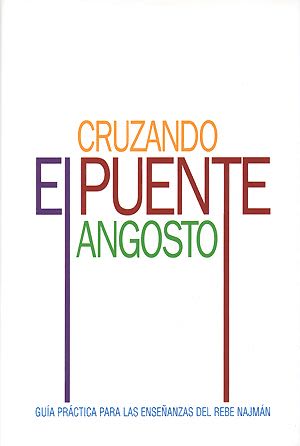
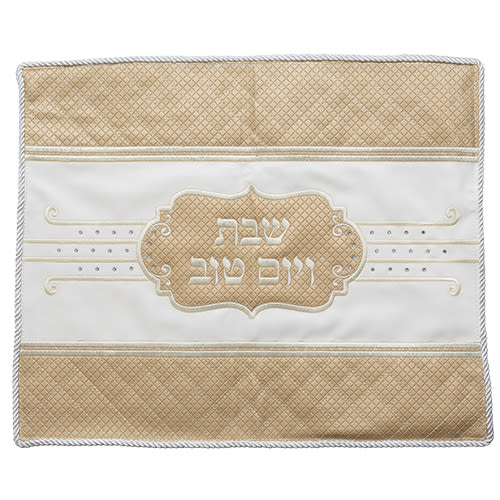
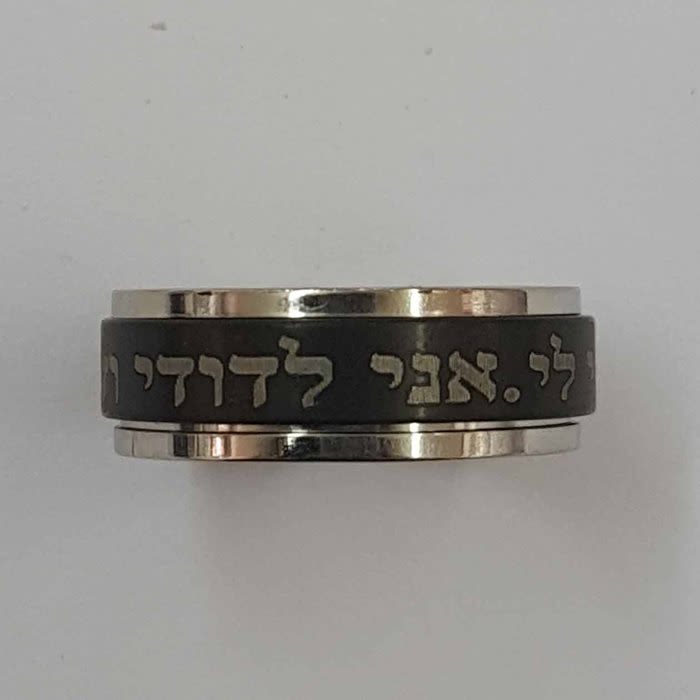
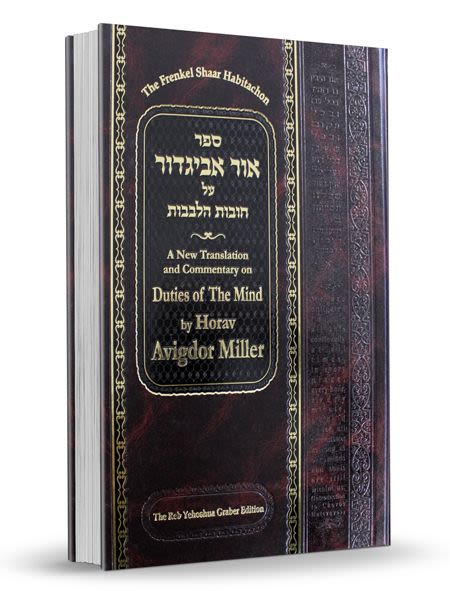
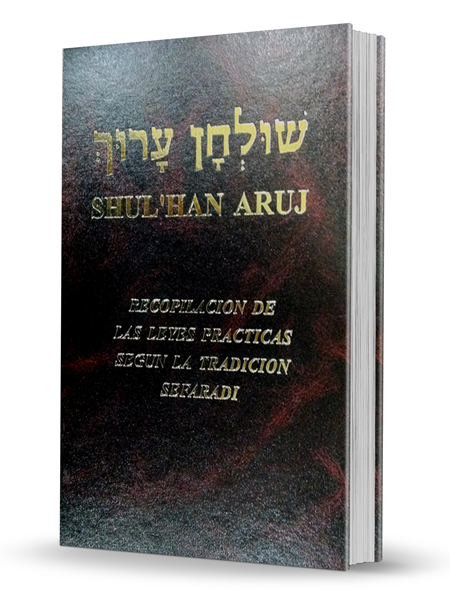
Tell us what you think!
Thank you for your comment!
It will be published after approval by the Editor.